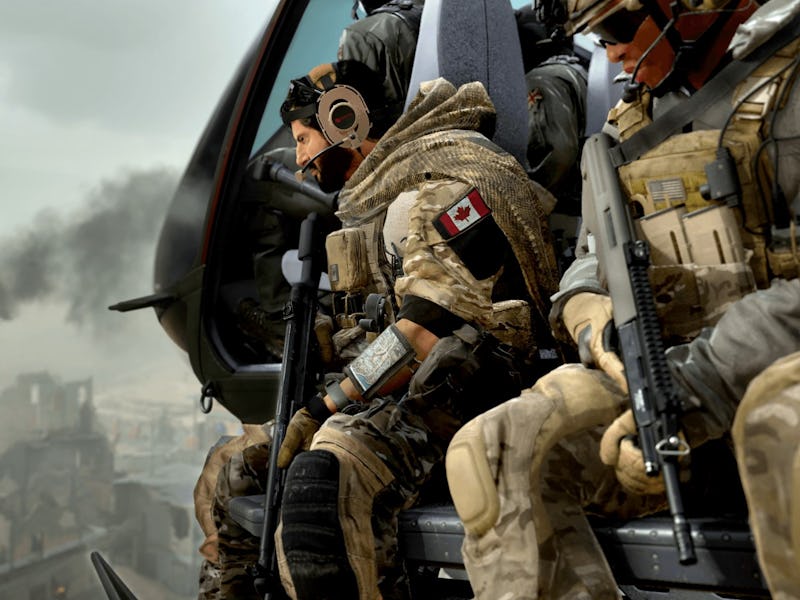
Microsoft does not own Activision Blizzard officially, but you wouldn’t know that based on comments made by the company’s leadership. Even after the United Kingdom’s Competition and Markets Authority (CMA) suggested that Microsoft may need to divest itself of portions of the acquisition, such as the Call of Duty franchise, the company keeps making deals under the assumption that the acquisition will go through unaltered. With continued scrutiny on the deal, Microsoft seems to be taking the strategy of living in the world you want and waiting for everybody else to catch up.
In the midst of regulatory meetings in Brussels concerning the potential acquisition of Activision Blizzard by Microsoft, the company announced that it had signed binding deals with Nintendo and streaming rival Nvidia to keep Call of Duty on the two company’s platforms for the next 10 years. Microsoft president Brad Smith held aloft a similar deal the company still hopes rival Sony will sign during a press conference in Brussels.
Microsoft president Brad Smith announced new deals with Nintendo and Nvidia related to Call of Duty.
Sony has been a vocal opponent of the Activision Blizzard acquisition, with one sticking point being the worry that Microsoft will make all of Activision Blizzard’s IP exclusive to Microsoft platforms in the future — which some have said is an argument that doesn’t hold much water considering Sony’s own exclusive line-up of games.
In the most recent provisional findings from the CMA, the body suggested Microsoft may need to sell Call of Duty in order to make the deal go through. Initially, it was believed that Microsoft could actually agree to this stipulation due to Call of Duty’s relative unimportance compared to other parts of the acquisition to Microsoft's portfolio, such as Candy Crush developer King.
When asked about this possibility, Smith responded, “We don't think it's feasible or realistic to think one game or one slice can be carved out from the rest." While it makes sense that Microsoft would prefer to keep the deal as is and not have to lose anything, the company has consistently remained steadfast in not compromising despite encouragement from the CMA and other regulatory bodies in the United States. It also ignores the fact that carving off parts of a company happens all the time in M&A.
Microsoft is unwilling to give up Call of Duty in order to help move along the company’s acquisition of Activision Blizzard.
Last year, Embracer Group purchased a sizeable chunk of Square Enix, the Japanese game company that decided to cut off the majority of their North American studios (as well as a handful of popular IP) and sell it off.
Even with all the scrutiny and uncertainty about the acquisition, Microsoft continues to act as if it is a sure thing. The agreements with Nintendo and Nvidia are twofold. While they are partially done in order to help dissuade fears from regulatory bodies that Microsoft will lock some of the world’s biggest franchises in gaming behind an exclusivity wall, they also operate under the conclusion that Microsoft is the owner of Call of Duty.
The overwhelming thought from Microsoft and other companies appears to be that this deal is a sure thing, and all these regulatory bodies and opposition will eventually get with the program — so why wait to start? Nintendo and Nvidia join the likes of Tencent and even the Communications Workers of America (one of the largest unions in the U.S.) in supporting the approval of Microsoft’s acquisition of Activision Blizzard. In many ways, this entire conversation boils down to the age-old rivalry between Xbox and PlayStation, with Sony being the loudest and largest opponent of Microsoft’s deal.
Whether the deal goes through will ultimately be up to the CMA and other regulatory bodies, but Microsoft is reaffirming the old adage that confidence is key.